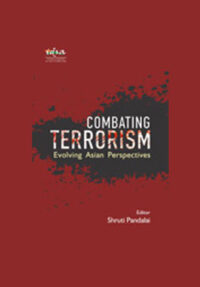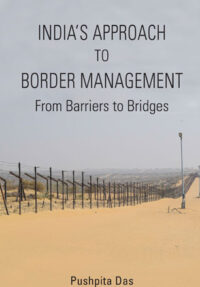“Kashmir: Paths to Peace”: A Misleading Report
The Report lends itself to all kinds of interpretations, does not attempt to correlate responses to questions in the same section, and certainly does not provide the ‘paths to peace’.
- Arpita Anant
- August 10, 2010









